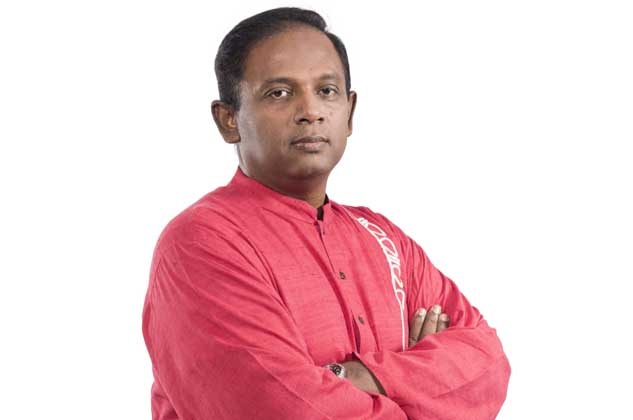
The first merger of Bangladesh’s telecom sector, as well as the country’s largest merger to date, has come into effect with the beginning of the commercial operation of Robi as the merged company today, according to a press release.
Robi and Airtel started talks on a possible merger at the end of August 2015 and both their parent companies signed a deal in January this year. The merger proposal got approval from Prime Minister Sheikh Hasina's office and the court.
Robi had to pay BDT 338 Million for each megahertz of Airtel's 2G spectrum that the merged entity will use over the next four years, along with the merger fee of Tk 100 crore.
The new state of affairs
Axiata now holds 68. 7% controlling stake in the combined entity, while Bharti holds 25%. The remaining 6.3% will be held by the existing shareholder, NTT DOCOMO of Japan.
The combined entity will operate under the brand name of Robi Axiata Limited and will serve approximately 32.2 million subscribers. ‘Airtel’ will remain as an independent product brand of Robi Axiata.
The joint strengths of Robi and Airtel sets the stage for creating the Number One network delivering the widest mobile network coverage across Bangladesh, enhancing its stronghold in the mobile internet segment as well as consolidating its position as the second largest operator in the country, said the release, leaving Banglalink behind.
According to BTRC, till as of July 2016, Grameenphone holds the number one position with total active connections 56.3 million, 43.66 percent market share, Robi, and Airtel together 36.2 million active connections which makes it second largest operator with 28.05 percent market share and Banglalink 24.32 percent market share with 31.4 million active connections.
